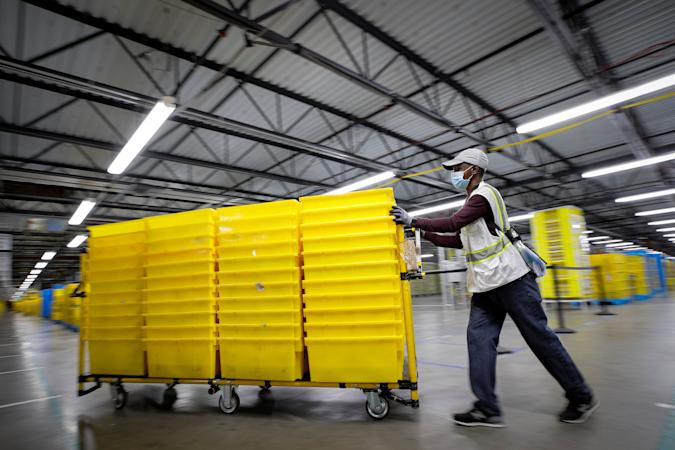
Sage, an expert in business management solutions in the cloud, has just published his study The State of the Circular Economy.
In it, it is highlighted that 84% of leaders companies in the manufacturing and distribution sectors consider it a priority to establish circular economy strategies to achieve a sustainable future.
72% of those surveyed by Sage believe that new technologies and innovations are a key factor in adopting circular economy and sustainability strategies. In this context, business leaders agree on the need to invest in sustainable policies to minimize worries such as negative brand perception (46%) and reduced long-term profitability (46%).
The study, in which more than 800 business leaders and the IT sector from the manufacturing and distribution industries have participated, has as its main objective to understand the obstacles they face when adopting a sustainable business strategy through the circular economy.
Circular economy to advance sustainability
More than 60% of employees, customers, shareholders and supply chain partners are paying increased attention to the need to adopt a circular economy strategy and its benefits, due to the importance of sustainable business practices, according to The report State of the Circular Economy.
According to Sage data, 32% say their organizations are already experiencing significant benefits as a result of adopting processes related to the circular economy, while a third expect to harvest them within one to three years.
Technology and innovation: pillars of sustainability
74% of manufacturers and distributors ranked cloud applications as one of the most important technologies for running a business sustainably, followed by data analytics (68%) and automation (67%).
The cloud enables manufacturers to develop products more effectively and support sustainable practices, while data analytics help streamline product development, optimize supply chains and increase resource efficiencies. For its part, automation increases productivity.
However, despite 61% citing cloud applications as useful for collecting, analyzing and reporting on their circular economy capabilities, public cloud use is far from universal.
In fact, only a minority of respondents say they use public cloud for core applications like supply chain (39%), CRM (38%), business intelligence (35%), HR management (34%), ERP (32%) and payroll (29%). Overcoming obstacles to a sustainable transformation.
Reputation enhancement
Reputation improvement (50%), increased energy efficiency (47%), the increase in business recovery capacity (46%) and the reduction of the impact on the environment (46%) are some of the opportunities offered by being more sustainable and that organizations can take advantage of in their benefit.
67% say some transformation of operations is needed to embrace the circular economy, Sage notes. Although they must face challenges such as rising costs (72%), supply chain disruptions (71%), and changing customer demands (68%), making it difficult for these leaders to invest in future-proofing their business.
Additionally, 64% say the transformation hinders their quest for greater sustainability, given the difficulty finding experienced staff (71%), cost and budget constraints (68%), and updating technology integrations and processes (68%).



